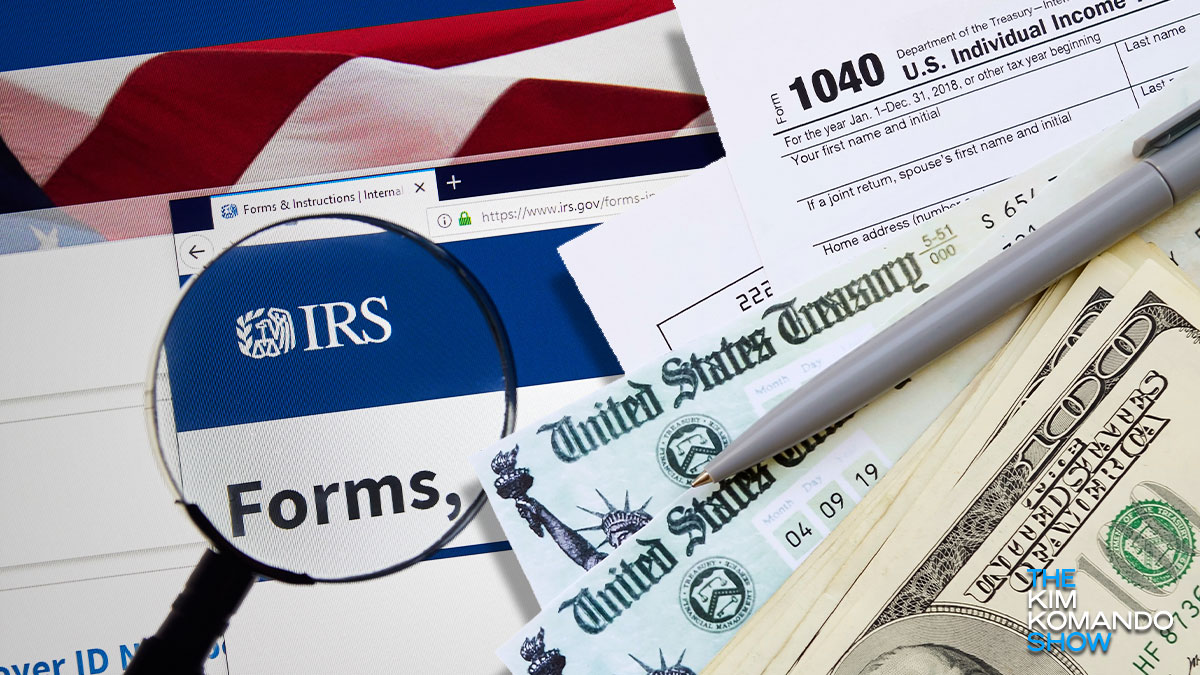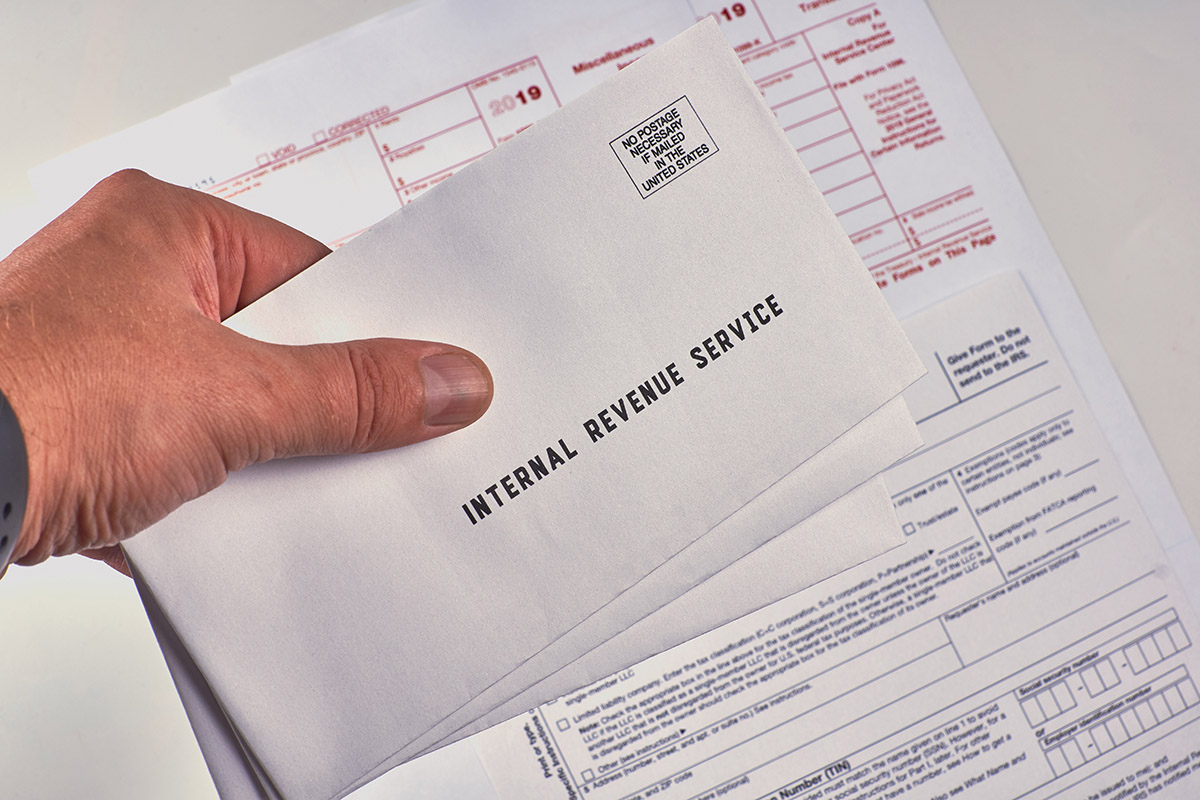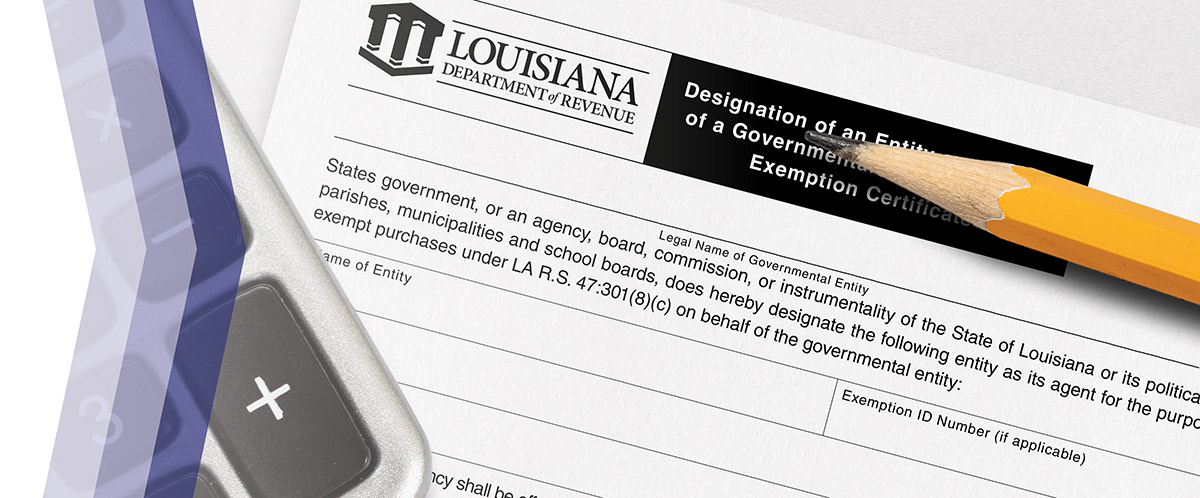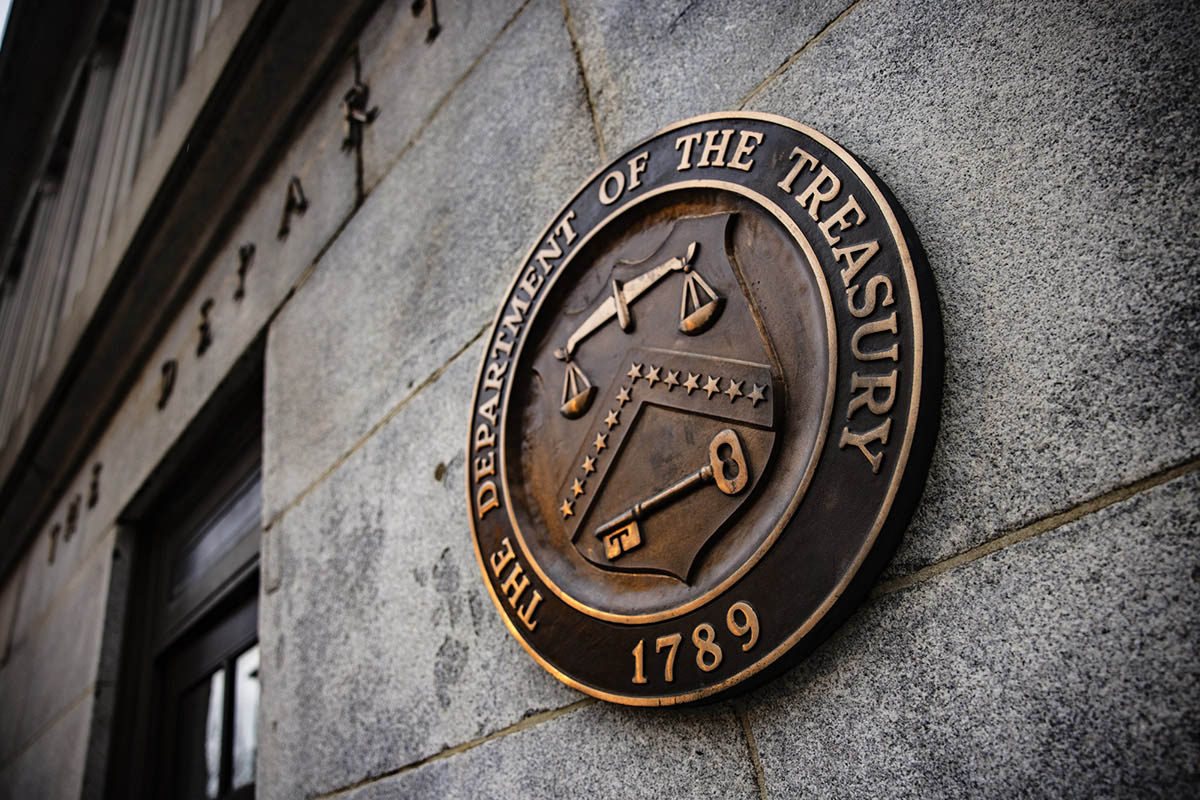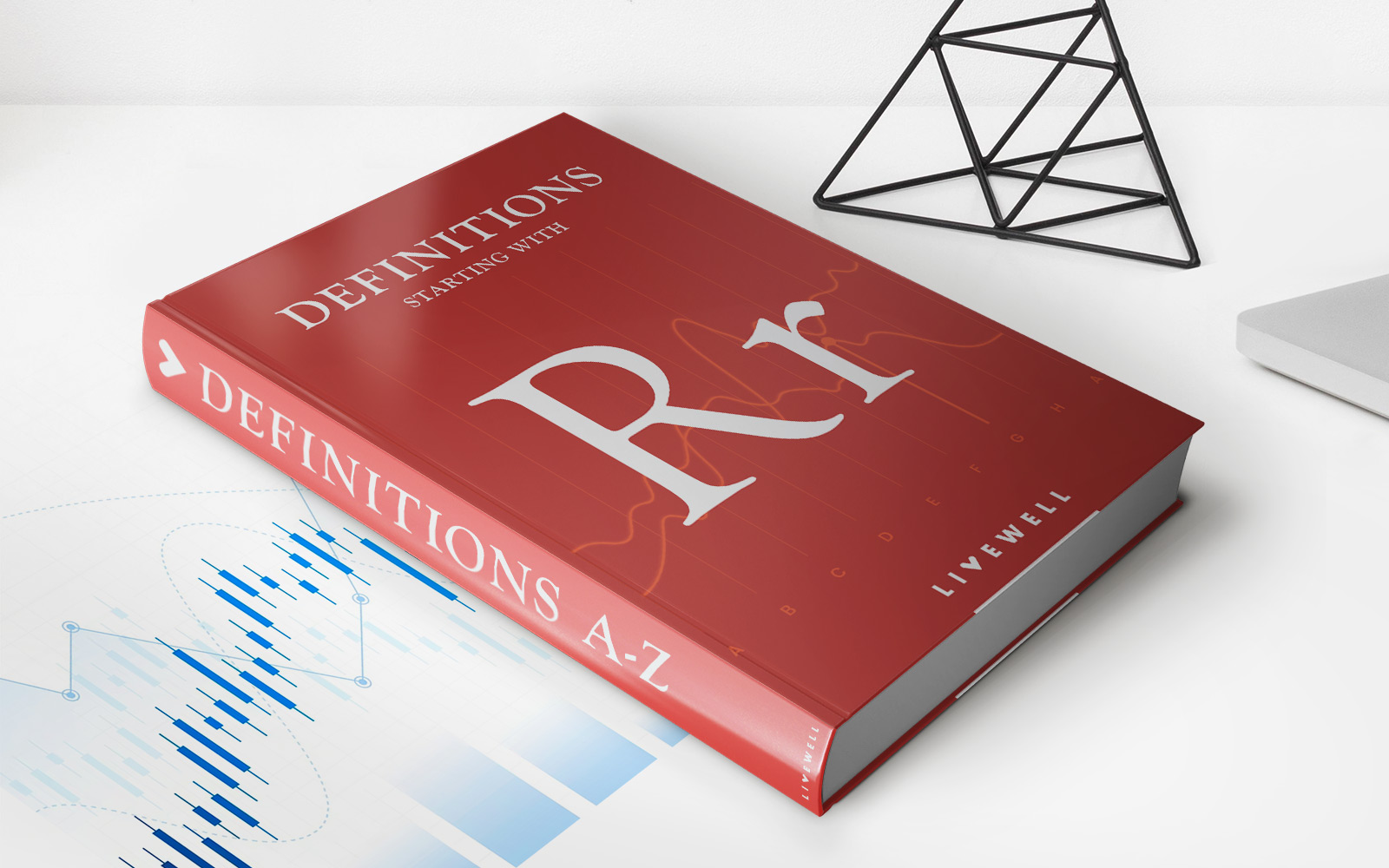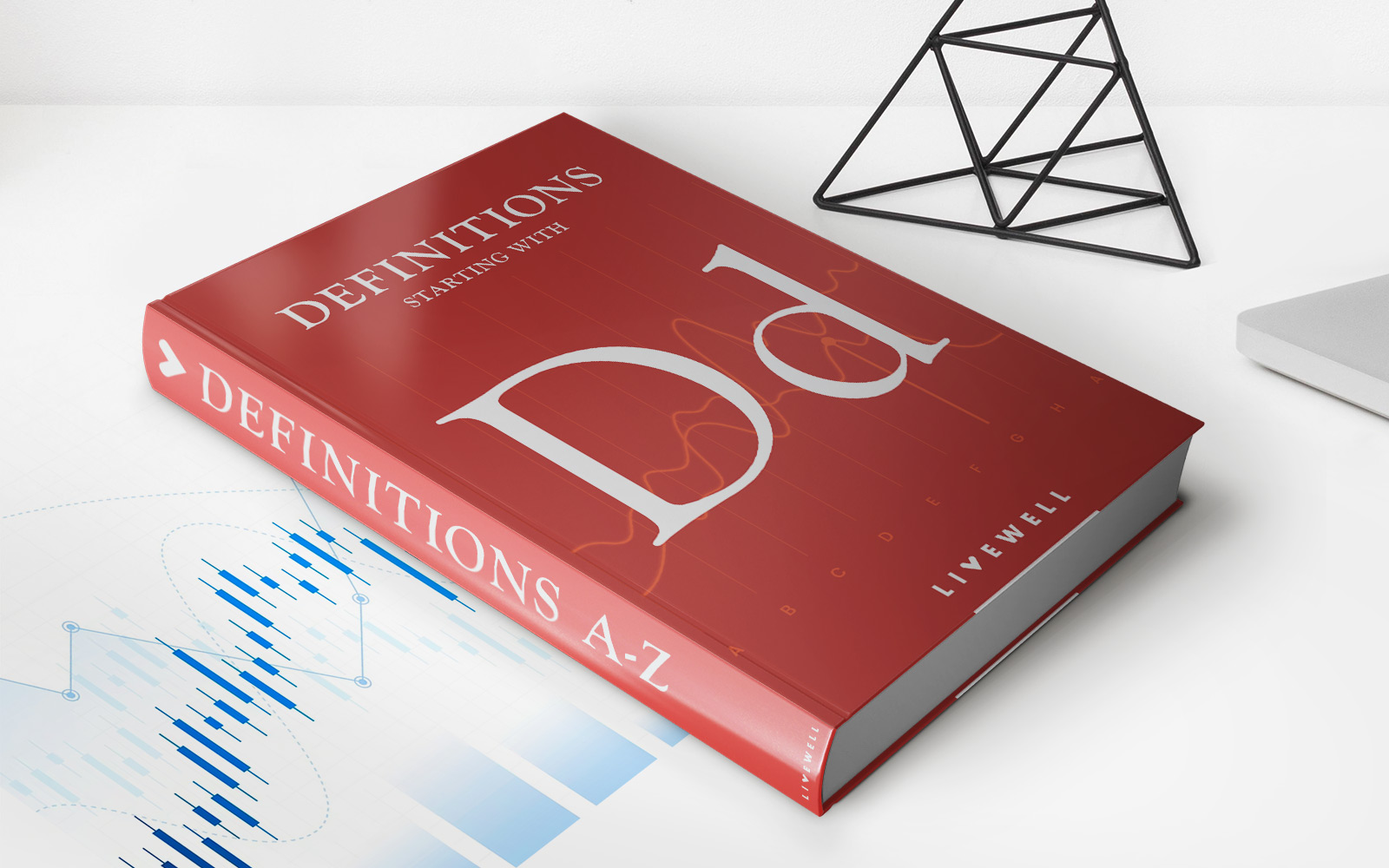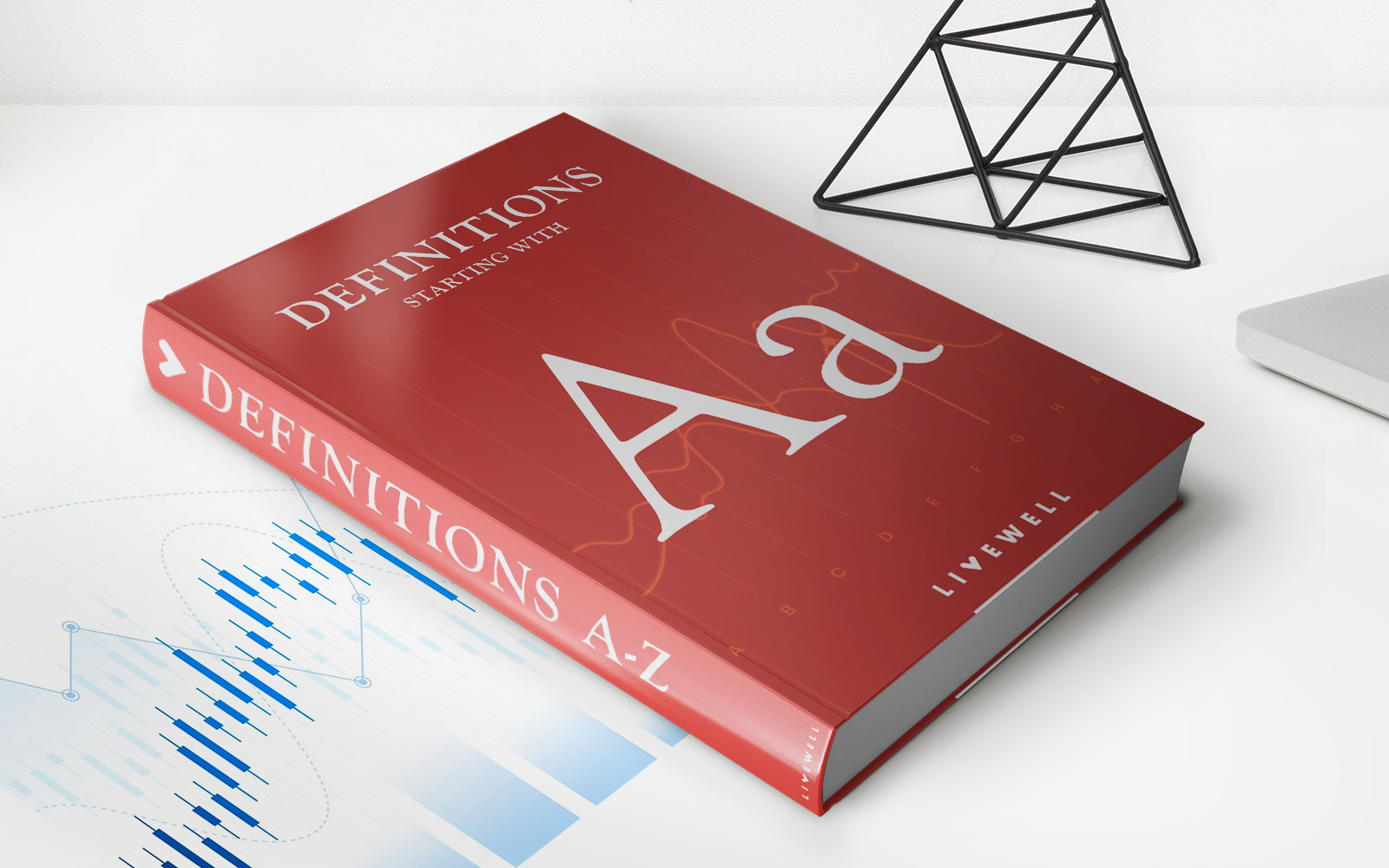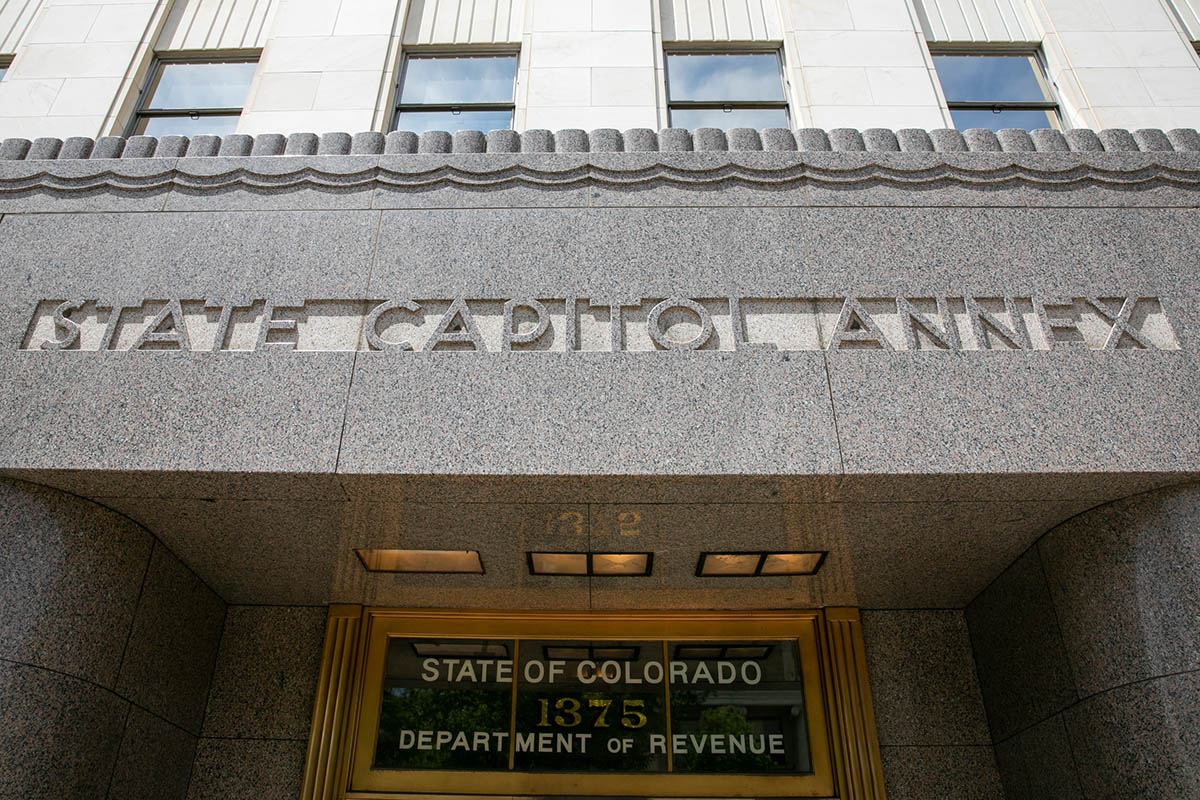

Finance
Where To Mail The Colorado State Tax Return
Published: November 3, 2023
Need to know where to mail your Colorado state tax return? Our finance experts have you covered with the latest information and tips to ensure your return reaches the right destination.
(Many of the links in this article redirect to a specific reviewed product. Your purchase of these products through affiliate links helps to generate commission for LiveWell, at no extra cost. Learn more)
Table of Contents
Introduction
Filing your state tax return is an important step in the tax season process. For residents of Colorado, understanding where to mail your state tax return is crucial to ensure timely and accurate filing. Whether you are a Colorado native or a recent transplant, this guide will provide you with the necessary information to navigate the process with ease.
Submitting your tax return by mail may seem old-fashioned in the digital age, but it remains a popular choice for many individuals. Mailing your return allows for a physical copy to be sent directly to the Colorado Department of Revenue, providing a sense of security and accountability.
Before diving into the mailing process, it’s important to note that Colorado’s state tax system closely follows the federal tax system, including deadlines and forms. Typically, the deadline to file your Colorado state tax return aligns with the federal deadline of April 15th. However, if April 15th falls on a weekend or holiday, the deadline is extended to the next business day. It’s always recommended to double-check the specific year’s deadline to ensure compliance.
Now, let’s move on to the crucial information you need to know regarding the mailing address for your Colorado state tax return.
Mailing Address for Colorado State Tax Return
When it comes to mailing your Colorado state tax return, it’s essential to use the correct address to ensure that your documents reach the appropriate department promptly. The specific mailing address you should use depends on the type of tax form you are filing and whether you are expecting a refund or making a payment.
If you are anticipating a refund and using Form 104 or Form 104PN, the mailing address for your return is as follows:
Colorado Department of Revenue
Denver, CO 80261-0006
On the other hand, if you owe a balance or are using a different form, such as Form 104X (amended return) or Form DR 0104EP (estimated payment voucher), the mailing address you should use is:
Colorado Department of Revenue
Denver, CO 80261-0005
It is crucial to double-check the address before sending your tax return to ensure accuracy. Using the correct address not only ensures that your documentation reaches the appropriate department but also helps to expedite processing times.
When preparing your tax return for mailing, it is advisable to place it in an envelope that is clearly labeled with your return address. This envelope should also include the necessary postage, as specified by the postal service. Ensuring that your return is properly packaged and labeled reduces the chances of it getting lost or delayed in transit.
In addition to mailing your state tax return, you may also need to include other supporting documents, such as W-2 forms, 1099 forms, and schedules. It is essential to double-check the specific requirements outlined by the Colorado Department of Revenue or consult a tax professional to ensure that all necessary documentation is included.
Now that you have a clear understanding of the mailing addresses for your Colorado state tax return, let’s explore the filing deadlines and penalties to stay compliant with state regulations.
Filing Deadlines and Penalties
Meeting the filing deadlines for your Colorado state tax return is crucial to avoid penalties and interest charges. Colorado follows the same deadlines as the federal government for individual income tax returns. Typically, the deadline to file your state tax return aligns with the federal deadline of April 15th, but as with federal taxes, some exceptions may apply.
If April 15th falls on a weekend or holiday, the deadline is extended to the next business day. It’s important to note that requesting an extension to file your federal tax return does not automatically grant you an extension for your state tax return in Colorado. You must file a separate extension form with the Colorado Department of Revenue to receive an extension of time to file.
Failure to file your Colorado state tax return by the designated deadlines can result in penalties and interest charges. The penalties for late filing can range from 2% per month of the unpaid tax to a maximum of 20% of the total unpaid tax amount. The longer you delay filing, the higher the penalties will be.
In addition to late filing penalties, there are also penalties for late payment if you owe taxes. The late payment penalties are typically 1% of the unpaid tax per month, with a maximum penalty of 12% of the unpaid tax amount. It’s important to note that interest is also charged on any unpaid tax, compounding daily.
To avoid penalties and interest charges, it’s crucial to file your Colorado state tax return by the appropriate deadline and pay any taxes owed by the due date. If you are unable to pay your taxes in full, it is still recommended to file your return and pay as much as you can, as this can help mitigate some penalties and interest charges.
If you are facing financial hardship and are unable to pay your taxes in full, you may qualify for a payment plan or an offer in compromise to settle your tax debt. It’s important to contact the Colorado Department of Revenue to discuss your options and prevent further penalties and interest from accruing.
Now that you are aware of the filing deadlines and penalties, let’s discuss how to choose the appropriate tax form for your Colorado state tax return.
Choosing the Appropriate Tax Form
When filing your Colorado state tax return, it is important to choose the appropriate tax form that aligns with your individual tax situation. The Colorado Department of Revenue provides several tax forms, each designed for specific tax scenarios. By selecting the correct form, you can accurately report your income, deductions, and credits, ensuring compliance with Colorado state tax laws.
Here are some common tax forms used for filing Colorado state taxes:
- Form 104: This is the standard tax form for Colorado residents. It is used to report your income, deductions, and credits.
- Form 104PN: If you are a part-year resident or a nonresident who earned income in Colorado, you should use this form.
- Form 104X: If you need to make corrections or amend a previously filed Colorado state tax return, this is the form to use.
- Form DR 0104EP: This form is used to submit estimated tax payments for individuals who expect to owe at least $1,000 in Colorado state taxes.
It’s important to carefully review the instructions and requirements for each form to determine which one is most applicable to your situation. The Colorado Department of Revenue provides detailed instructions and guidance on their website for each form, ensuring that you have all the necessary information to accurately complete your state tax return.
In addition to selecting the appropriate tax form, it is essential to gather all the necessary supporting documents, such as W-2 forms and 1099 forms, as well as any schedules or additional forms that may be required. Failing to include all the required documentation can result in delays and potential inaccuracies in your tax return.
If you are unsure about which tax form to use or have complex tax circumstances, it may be beneficial to seek the assistance of a tax professional or use tax software that can guide you through the process and ensure accuracy.
Now that you have a good understanding of choosing the appropriate tax form, let’s explore some common mistakes to avoid when filing your Colorado state tax return.
Common Mistakes to Avoid
When filing your Colorado state tax return, it is important to be mindful of common mistakes that can lead to errors or delays in processing. By being aware of these mistakes, you can take steps to avoid them and ensure a smoother tax filing experience. Here are some common pitfalls to watch out for:
- Mathematical Errors: Carefully check all calculations and double-check your math to avoid simple mathematical mistakes that can impact the accuracy of your tax return. Using tax software or working with a tax professional can help minimize these errors.
- Incorrect Filing Status: Choosing the correct filing status is crucial, as it determines your tax rates and eligibility for certain deductions and credits. Make sure you understand the criteria for each filing status and select the most appropriate one for your situation.
- Omitting Income: Ensure that you report all sources of income, including wages, tips, self-employment income, interest, dividends, and any other taxable income. Failing to report all income can result in underreporting and potential penalties.
- Missing Deductions and Credits: Take the time to review available deductions and credits to maximize your tax savings. Common deductions and credits include student loan interest, mortgage interest, state and local taxes paid, education credits, and child tax credits.
- Forgetting to Sign and Date: It may seem like a small oversight, but forgetting to sign and date your tax return can result in its rejection or delay in processing. Make sure to sign your return and include the appropriate date.
- Incorrect Social Security Number: Ensure that you enter your social security number accurately. A simple typo can lead to delays in processing and potential mismatches with the Social Security Administration records.
- Not Keeping a Copy: It is important to retain a copy of your filed tax return and all supporting documentation for your records. This will be helpful in case of future inquiries or audits by the Colorado Department of Revenue or the Internal Revenue Service (IRS).
By being mindful of these common mistakes and taking the necessary precautions, you can avoid unnecessary errors, potential penalties, and delays when filing your Colorado state tax return. It is also beneficial to stay informed about any updates or changes in tax laws that may impact your filing obligations.
Now that you are aware of the common mistakes to avoid, let’s wrap up with some additional resources and contact information for the Colorado Department of Revenue.
Additional Resources and Contact Information
Filing your Colorado state tax return can be a complex process, but luckily there are resources available to assist you. Whether you need help with understanding tax laws, accessing forms, or resolving issues, the following resources can provide the information and support you need:
- Colorado Department of Revenue: The official website of the Colorado Department of Revenue is a valuable resource for all your state tax needs. You can find forms, instructions, publications, and other helpful information at their website: https://www.colorado.gov/tax.
- Online Filing Options: The Colorado Department of Revenue offers online filing options, which can simplify the tax filing process. Online filing ensures accuracy and provides immediate confirmation of receipt. Visit the department’s website for more information about online filing options.
- Tax Professionals: If you find the tax filing process overwhelming or have complex tax situations, consider seeking help from a qualified tax professional. They can provide guidance, ensure accuracy, and offer personalized advice based on your specific circumstances.
- Colorado Taxpayer Service Center: You can contact the Colorado Department of Revenue’s Taxpayer Service Center for assistance with any questions or concerns you may have. They can be reached at 303-238-7378 from 8:00 am to 4:30 pm Monday through Friday.
- Local Taxpayer Service Offices: The Colorado Department of Revenue also has local taxpayer service offices where you can receive in-person assistance. These offices can provide guidance on filling out forms, understanding tax laws, and addressing concerns. Visit the department’s website to find the nearest office in your area.
Remember, it is always advisable to consult official sources and seek professional advice when dealing with tax-related matters. The resources and contact information provided above will help you navigate the process more effectively and ensure compliance with Colorado state tax requirements.
By utilizing these resources and being proactive in your tax filing, you can make the process smoother and optimize your tax outcomes. Stay informed, ask questions when needed, and keep accurate records to make the most of your Colorado state tax return filing.
Disclaimer: This article is for informational purposes only and should not be considered as professional tax advice. It is recommended to consult with a tax professional or the Colorado Department of Revenue for personalized guidance based on your specific tax circumstances.
